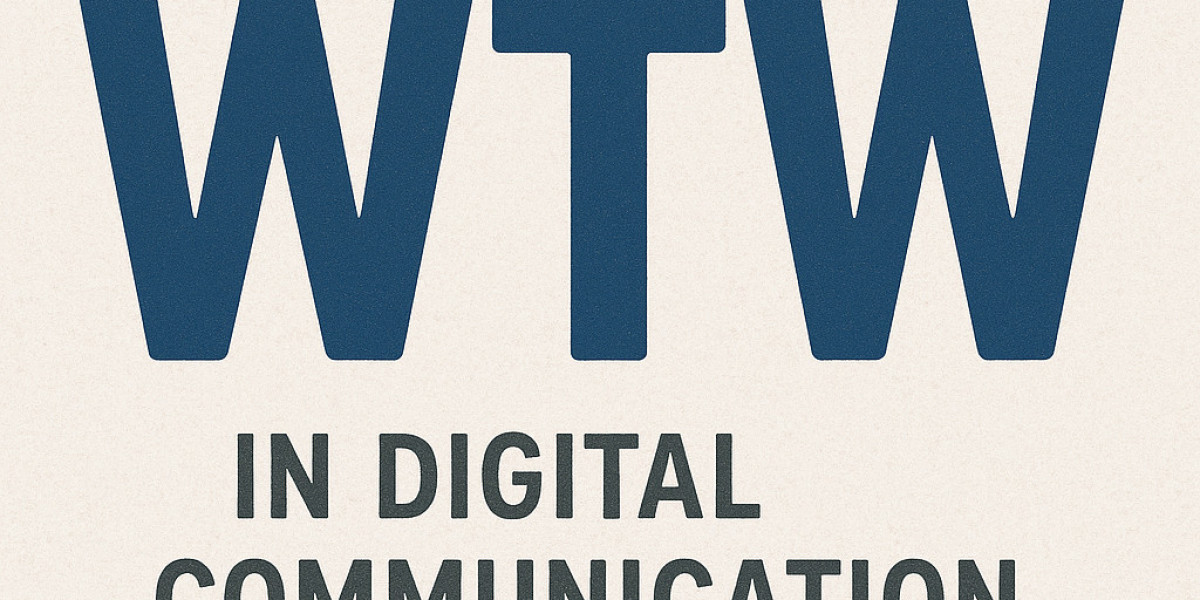In today’s world, where mental health is finally being recognized as essential to overall well-being, the demand for compassionate and skilled professionals continues to grow. Among these professionals, the mental health technician (MHT) plays a vital role in supporting patients, maintaining treatment environments, and assisting healthcare teams.
Although often working behind the scenes, mental health technicians form the backbone of psychiatric and behavioral health care. Their work combines empathy, observation, and discipline—qualities that make them invaluable to hospitals, rehabilitation centers, and community health programs alike.
This article explores what a mental health technician does, the skills required, and how to build a successful career in this meaningful field.
Understanding the Role of a Mental Health Technician
A mental health technician, sometimes called a psychiatric technician or behavioral health technician, assists doctors, nurses, and therapists in caring for individuals with emotional, behavioral, or psychological disorders.
Their daily responsibilities vary by setting but typically include:
Monitoring patient behavior and well-being: MHTs closely observe patients, noting changes in mood, behavior, or physical condition. These observations help the treatment team assess progress or identify potential crises early.
Supporting treatment plans: Technicians help implement care plans created by psychologists, psychiatrists, or nurses. This might involve leading group activities, administering medication under supervision, or teaching coping techniques.
Ensuring safety and stability: MHTs are trained to handle emergencies, such as patient aggression, panic attacks, or self-harm risks, using de-escalation strategies and crisis intervention methods.
Assisting with daily living: In inpatient facilities, technicians help patients with meals, hygiene, exercise, and other daily routines—tasks that encourage structure and independence.
Maintaining a therapeutic environment: They create a calm, respectful, and supportive atmosphere that promotes healing and trust.
Documentation and reporting: MHTs keep detailed records of patient interactions and incidents, ensuring communication between all members of the healthcare team.
In essence, mental health technicians serve as both caregivers and communicators, bridging the gap between patients and clinicians. They are often the first to notice subtle changes in a patient’s condition—and their input can be critical in shaping effective treatment.
Where Mental Health Technicians Work
The need for mental health support exists across a wide range of healthcare and community environments. Mental health technicians are employed in:
Psychiatric hospitals and units
General hospitals with behavioral health departments
Residential treatment centers
Substance abuse rehabilitation facilities
Correctional institutions
Outpatient and community mental health programs
Schools and youth behavioral facilities
Each setting presents unique challenges. In a psychiatric hospital, for example, a technician might work with patients experiencing acute psychosis or severe depression. In a rehabilitation center, the focus may shift to addiction recovery and relapse prevention. In community settings, technicians might support clients transitioning from institutional care to independent living.
This diversity of work environments allows MHTs to specialize in areas that match their interests—such as child and adolescent mental health, addiction counseling, or crisis stabilization.
Essential Skills and Qualities
Being a mental health technician requires a balanced blend of technical competence and emotional intelligence. The following skills and traits are fundamental to success in the field:
Empathy and Compassion:
The ability to listen without judgment and to understand patients’ struggles is the foundation of mental health care. Patients often face stigma, fear, or confusion—compassion helps them feel seen and supported.Observation and Attention to Detail:
Technicians must detect behavioral cues that indicate distress, relapse, or improvement. A keen eye can prevent crises or identify when medical intervention is needed.Communication Skills:
Whether de-escalating a tense situation or reporting to a supervisor, clarity and calmness are essential. MHTs also help patients express feelings and communicate needs effectively.Patience and Emotional Resilience:
Mental health work can be emotionally draining. Technicians must manage their own stress while remaining composed and professional.Teamwork:
Collaboration is central. MHTs coordinate with nurses, psychiatrists, social workers, and family members to ensure consistent, comprehensive care.Crisis Intervention and Safety Awareness:
Training in crisis prevention and intervention (CPI) helps technicians respond safely to aggressive or self-harm situations.Ethical Responsibility and Confidentiality:
Respect for patient privacy and adherence to ethical standards (such as HIPAA in the U.S.) are non-negotiable aspects of professional practice.Cultural Competence:
Mental health experiences vary widely across cultures. Understanding and respecting cultural backgrounds fosters trust and effective treatment relationships.
Education and Training Requirements
Becoming a mental health technician generally requires at least a high school diploma or equivalent, but employers increasingly prefer candidates with postsecondary education or certification.
Common educational paths include:
Certificate or diploma programs in mental health technology, psychiatric technology, or behavioral health.
Associate degree in psychology, human services, or a related healthcare field.
Bachelor’s degree (optional but advantageous) in psychology, social work, or nursing, which can open doors to supervisory or clinical roles.
Many programs combine classroom study with supervised clinical experience, covering subjects like:
Human behavior and mental disorders
Psychopharmacology (medication basics)
Therapeutic communication
Patient rights and ethics
Crisis management and safety procedures
After formal education, some regions or states require licensing or certification. For example, in the U.S., the American Association of Psychiatric Technicians (AAPT) offers multi-level certification exams that demonstrate competence and can enhance employability.
In addition, many employers provide on-the-job training, particularly for entry-level candidates. Continuous learning through workshops and seminars is also common, as mental health practices evolve constantly.
Career Growth and Advancement
A career as a mental health technician can serve as both a stable profession and a stepping stone to more advanced roles in mental health.
With experience and further education, technicians may advance to positions such as:
Behavioral health specialist
Case manager
Licensed practical nurse (LPN)
Registered nurse (RN) in psychiatric units
Counselor or therapist (with additional degrees and licensure)
Clinical supervisor or program coordinator
Some MHTs pursue specialized certifications in addiction counseling, trauma support, or developmental disabilities. Others transition into administrative or training roles, helping design patient programs or mentor new staff.
The field also offers strong job security. As awareness of mental health continues to rise globally, the need for trained professionals grows steadily. According to various labor statistics, the demand for psychiatric and mental health technicians is expected to increase significantly over the next decade.
Rewards and Challenges
Working as a mental health technician can be both deeply rewarding and emotionally taxing.
On the rewarding side, MHTs witness remarkable transformations—patients who regain confidence, families who find hope, and communities that rebuild around recovery. Every small improvement is a testament to compassionate care.
However, the job also involves long hours, emotional stress, and exposure to traumatic situations. Boundaries and self-care are crucial. Many technicians rely on peer support, supervision, and counseling to maintain emotional well-being.
In the end, the most successful MHTs are those who combine empathy with professionalism, knowing how to care for others without losing sight of their own mental health.
A Career That Makes a Difference
In an era when mental health challenges are affecting people across every demographic, the role of a mental health technician is more vital than ever. These professionals bring humanity and stability to healthcare systems often stretched thin.
Their work reminds us that mental health treatment isn’t just about medication or therapy sessions—it’s about connection, safety, and dignity.
By choosing this path, you’re not simply entering a job; you’re joining a mission—to help people rediscover balance, rebuild trust, and reclaim their lives.
Whether you’re beginning your career or seeking a meaningful change, becoming a mental health technician offers more than employment—it offers purpose.
Final Thought
A mental health technician is a bridge between patients and healing—an advocate who brings empathy to structure and structure to care. While the role demands patience and strength, it offers unmatched fulfillment.
Every conversation, every crisis defused, every life stabilized is a reminder that compassion, when paired with skill, can change futures.
In a world where mental health is no longer a whisper but a global conversation, mental health technicians stand on the front lines—not only treating illness but restoring hope.








